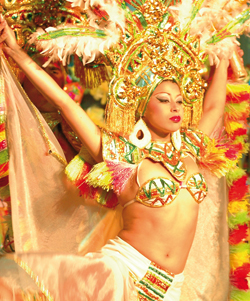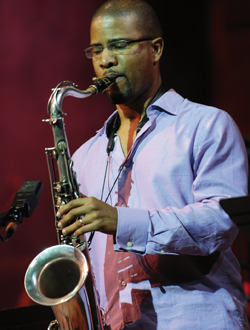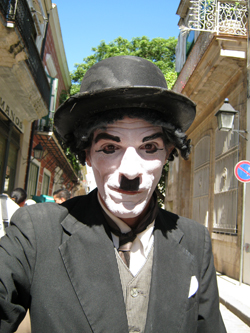Theatre Arts
Cuban theatre has its own distinctive style and history. Combining music, dance and acting, theatre arts bring live, dramatized performances to the stage along with elaborate costumes and scenery. Zarzuela, Bufo, Vaudeville, and African Theatre are just a few of the different styles of theatre arts that Cuba holds near to its heart and just the tip of what you will be able to experience with your theatre group.
Dance Studio

Dancers perform some or all of the following duties:
- Practise and rehearse dance routines under direction or instruction to achieve desired interpretation and presentation
- Perform dances as soloists or as members of groups before live audiences or for film or television
- Train and exercise to maintain the required levels of ability and fitness
- May choreograph their own performances
Dance Teachers perform some or all of the following duties:
- Observe the teaching of dance technique and artistic interpretation to amateur and professional individuals and groups
- Help teach the techniques, cultural origins and symbolic meanings of aboriginal, ethnic and folkloric dances
- Become familiar with how to teach recreational dance lessons such as ballroom dancing
- Help prepare dance students for specific auditions and performances
Dancers may specialize in specific types of dance such as ballet, ballroom, folk, jazz or modern.
Musician

- Musicians play one or more instruments as soloists or as members of a musical group before audiences or for recording purposes
- Singers sing musical arrangements as soloists or as members of vocal groups before audiences or for recording purposes
- Teachers of music or voice teach technique, interpretation and music theory to students through private or group lessons
Musicians and singers usually specialize in specific types of music such as classical, country, ethnic, jazz, opera or popular music.
Producer/Director/Film Studies

- Film, radio and television producers plan, organize and control the various stages and scheduling involved in the production of presentations, motion pictures, television shows and radio programs; engage directors and other production personnel and supervise all technical personnel, and determine the treatment, scope and scheduling of production; maintain production archives and negotiate royalties
- Directors interpret scripts and direct the mise-en-scène; select and direct the actors, extras and technical crew; advise the cast and crew on the interpretation and delivery of the performance; direct rehearsals, filmings, broadcasts and performances; and confer with crew and specialists throughout production and post-production to achieve desired presentation
- Choreographers create dances for film, theatre and television performances that convey stories, ideas and moods, and direct rehearsals for dancers to achieve desired interpretation
- Art directors plan, organize and direct the artistic aspects of motion pictures, stage productions and television shows by overseeing the design of sets, costumes, furnishings and props to create portrayals of period and setting
- Film editors edit motion picture film and arrange film segments into sequences to achieve continuity and desired dramatic, comedic and thematic effects
- Record producers plan and co-ordinate the production of musical recordings, direct musicians and singers during rehearsals and recordings and manage technicians involved in duplicating, dubbing and mastering of recordings
- Directors of photography co-ordinate and direct the photography of motion pictures, supervise camera operators and other crews and determine lighting, lenses, camera angles, backgrounds and other elements to achieve desired visual effect
Theatre Arts Assistant

- Become familiar with procedures and policies in newspaper and publishing firms, in film, theatre, record and video production companies, and in radio and television stations
- Help plan and maintain production schedules for publications, films, broadcasts, and theatre, record and video productions
- Learn to prepare and control budgets
- Observe consultations with government regulatory agencies to evaluate and review programs and policies to ensure conformance to regulations
- Familiarize self with steps involved in the development of articles, books, films, broadcasts, musical recordings and theatre productions, and liaise with authors, composers, producers and directors
